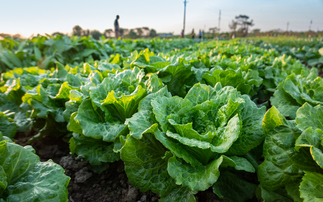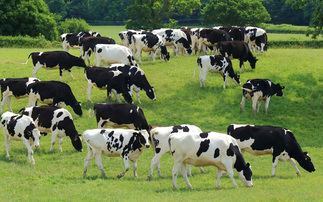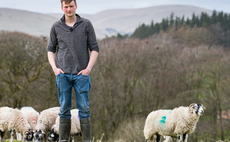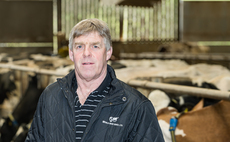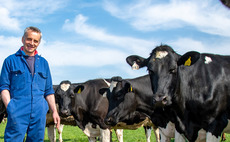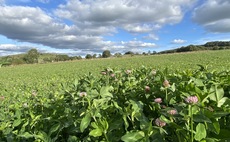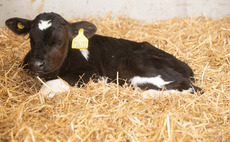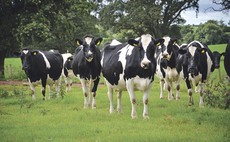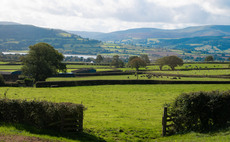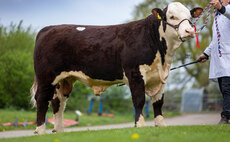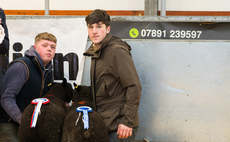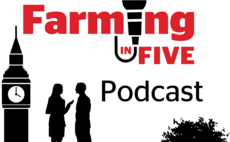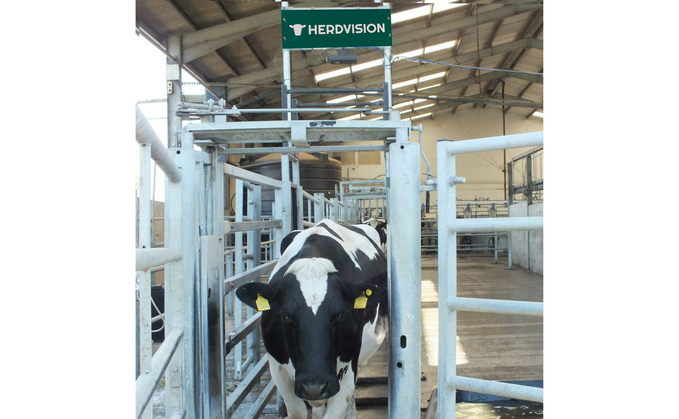
The 3D camera provides key data for farmers.
3D camera systems were initially developed to improve the frequency and accuracy of mobility scoring but, there are many other important measurements the camera can take with a higher degree of precision than the human eye, as Stuart Adams, head of sales at HerdVision, explains.
"A large-scale farm study showed a reduction in calving to conception interval where body conditioning scoring (BCS) is monitored more closely using the camera."
"Cows need to be in the optimum condition at drying off," he adds. "They then need to maintain this condition while dry and avoid condition loss in early lactation.
"On many farms the challenge has been condition scoring cows often enough and with a high enough degree of precision and consistently to accurately monitor trends. Technology overcomes these problems."
A condition score of between 2.5 and 3.5 at drying off and calving is the target for cows but, there is a considerable range. Many cows could be in sub-optimal condition and changes in condition may be difficult to pick up, storing up potential fertility problems.
Automated condition scoring using 3D cameras can significantly improve the accuracy of BCS recording and has been shown to have significant management and economic benefits. So how exactly does it work?
Back fat accuracy
"The camera takes a 3D image every time the cow walks it and can measure back fat depth to an accuracy of less than 1mm," explains Stuart.
"The use of such technology can measure condition changes with far greater precision that can be achieved by manual methods, ascribing a more accurate score for a cow and detecting smaller movements in BCS, either up or down."
The HerdVision system, which offers 3D specialist imagery to farmers, measures changes down to 0.01 of a score, compared to manual scoring which measures - at best - 0.25 of a score change.
As the system measures cows every time they walk under the camera, it is possible to build up a more comprehensive picture of BCS and assess changes more closely.
"This greater precision means we can identify changes in condition sooner, allowing management to be altered as required," says Stuart. "It also means it has been possible to more accurately define the optimum condition for cows at drying off and calving."
A farm study carried out over 15 months on four farms in the UK with a total of 4,000 cows, clearly demonstrated the impact of sub-optimal condition on subsequent reproductive performance.
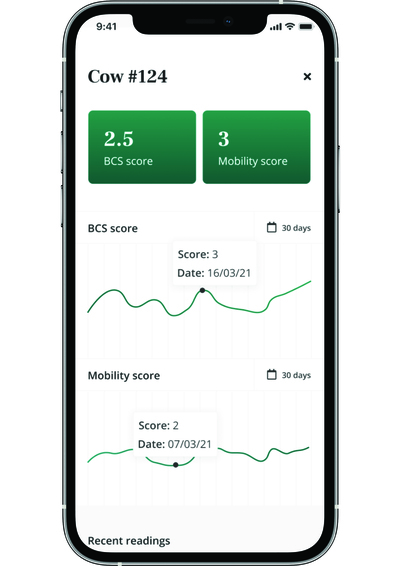
"Analysing the data, it was possible to assess the consequences of cows calving at different BCS on calving to conception interval," says Stuart. "As you would expect, fatter and thinner cows had extended calving to conception intervals.
"But, what we were able to do, was more precisely pinpoint the optimum BCS for future reproduction, a level which would not be discernible by manual BCS recording."
Cows with a score of less than 2.85 had a calving to conception interval of 103 days while cows with a BCS equal to or greater than 2.85 had an interval eight days shorter at 95 days.
"Around 20% of the cows in the trial were calving down below the threshold and suffering poorer fertility in the next lactation. As the camera records cows after every milking, these cows could have been spotted sooner allowing action to be taken to more closely manage condition in the run up to drying off.
"This would have ensured they went dry at the correct score and could then be managed to maintain a stable BCS over the dry period.
"At £5 per day extended calving interval, the cost of these cows being under condition was £40 per cow which means there is a good ROI on managing condition."
Reproductive performance
The trial also assessed BCS change over the dry period and found that in many cases there were small, visually imperceptible changes in condition, which were also significantly affecting reproductive performance.
The threshold was set at a 0.14 condition score change over the dry period. Cows that did not lose BCS or lost less than 0.14 BCS units averaged a calving to conception interval of 93 days, with 34% conception to first service and 58% to second service.
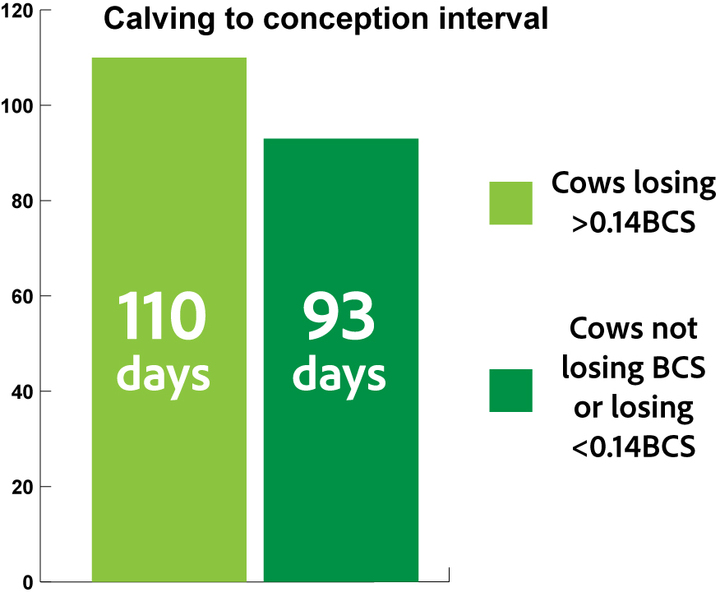
Cows that lost more than 0.14 of a score had a 17-day longer calving to conception interval at 110 days with poorer service success rates, 23% to first service and 47% to second service.
"These data demonstrate the significant consequences of cows losing condition while dry.
"By using 3D imagery before and after calving, it is possible to assess any changes that occurred while dry, providing an early warning of whether the dry cow ration is supporting the cow's nutritional needs."
"If early signs of BCS loss can be identified it will be possible to refine dry cow management, housing and diet to address the problem.
"It is also important to remember that cows losing even small amounts of condition when dry are already in negative energy balance and at greater risk of continued problems when they calve down," Stuart concludes.
For more information visit www.herd.vision
This post is funded by HerdVision.








